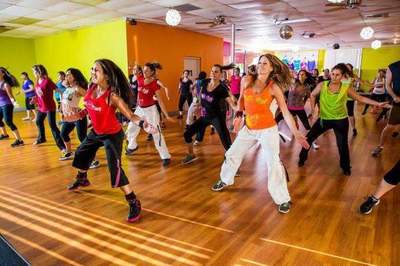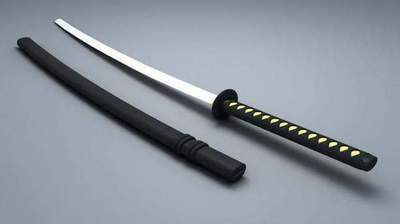Older Japanese people tend to a local prison
• Elderly Japanese aspire to a local prison

In Japan, one of the oldest populations in the world - in 27 percent of the population above the age of 65. And now the country is faced with a new and unprecedented challenge.
According to a Bloomberg report, in Japanese prisons, one in five women prisoners - elderly. And nine out of ten end up in prison for minor offenses such as theft in the supermarket.
The reason for this percentage of older people among inmates - is not a common crime wave, but rather a problem of social persuasion. Between 1980 and 2015 the number of elderly living alone and without help, has increased six times and is nearly six million people. Tokyo Metropolitan Government conducted a study in 2017 that showed that more than 50 percent of elderly people caught for shoplifting, lived alone, and 40 percent had no family and relatives who could help them.
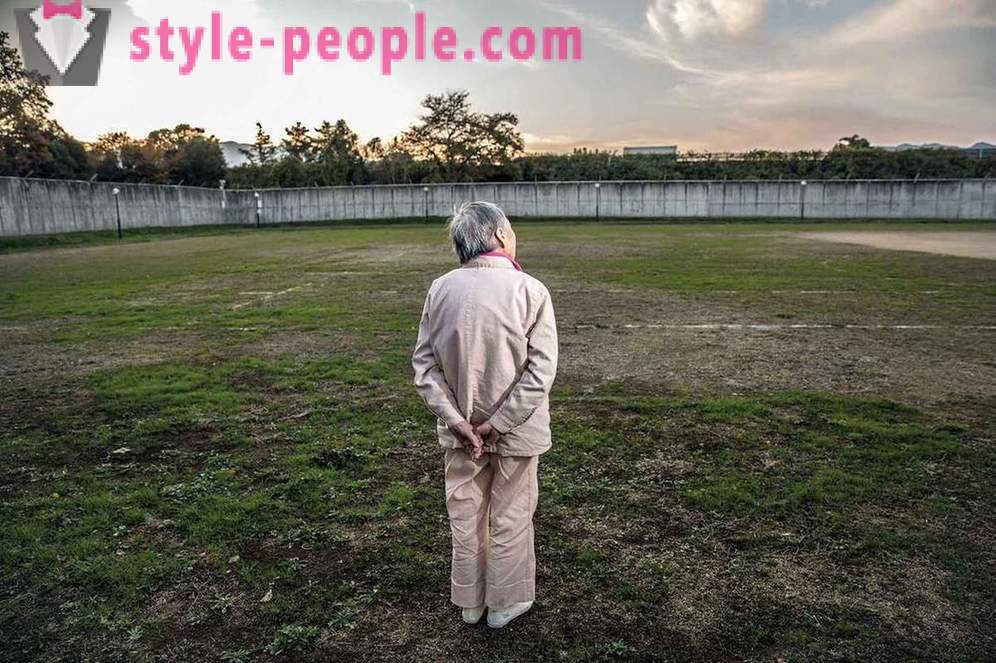
The Japanese have always been taken care of older relatives, but today the problem of lack of resources has destroyed this tradition.
As a result, the older population feels increasingly useless and marginalized, especially women. This leads to a sudden onset of a life of crime - older people hope that the prison will give them shelter and care in their old age. Yumi Muranaka (Yumi Muranaka), the women's prison boss Iwakuni, told Bloomberg:
"They may have a house, and even family. But this does not mean that they have a place where they feel at home. They see that they do not understand and perceive only as a man who is doing something around the house. "
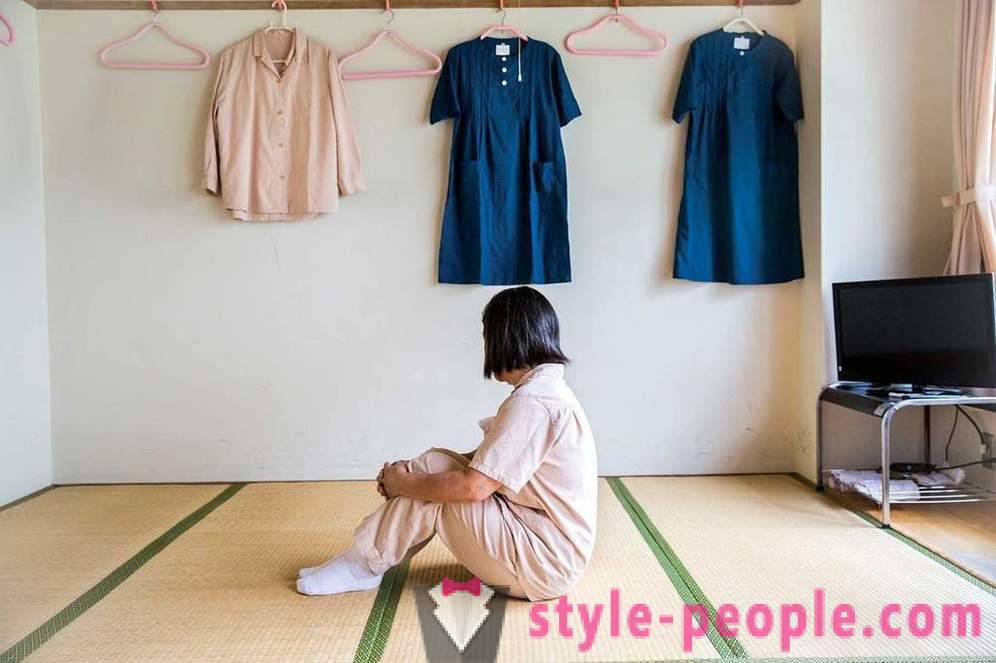
Women are more vulnerable than men, in financial terms, but more than half of elderly women over 65 live in poverty. The prison also became the only chance for them to escape from such a situation.
80-year-old inmate said:
"Six years ago, my husband had a stroke, and since he did not get out of bed. In addition, he suffered from dementia and paranoia. It was very hard to care for physically and emotionally because of my age. But I could not tell anyone about this, I was ashamed.
The first time I went to prison when I was 70 years old. Although I had money in my purse, I stole the store. I thought about my life. I did not want to go home, and there was nowhere else to go. And ask for help in prison was the only way out.
Life in prison is much easier. I can be myself and breathe freely, even if it is temporary. My son thinks I'm sick and I need to hide in a psychiatric clinic. But to my mind all right. I think nostalgia brought me to steal. "
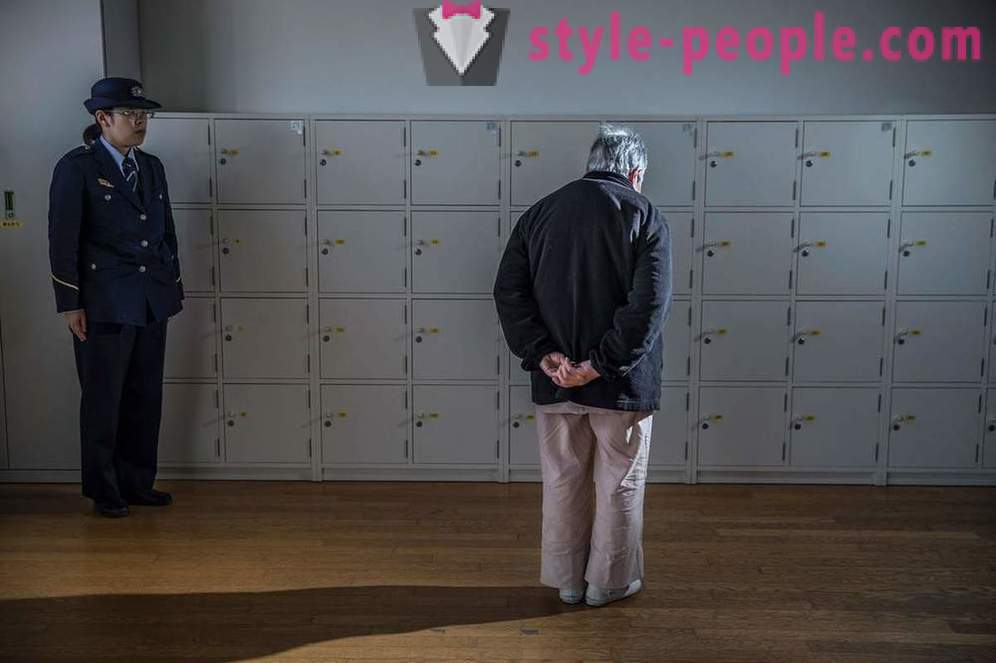
In the prison for women puts the worker, who during the day helps them with shower and toilet, these functions are performed already during the night guards. Daily duties of prison guards are like the work of carers and nurses trying to cope, for example, the problem of incontinence in older prisoners.

This trend has led to another problem - the care of the elderly is reflected in the increase of prison medical bills. Since 2005, the amount increased by 80 percent and by 2015 had reached six billion yen.
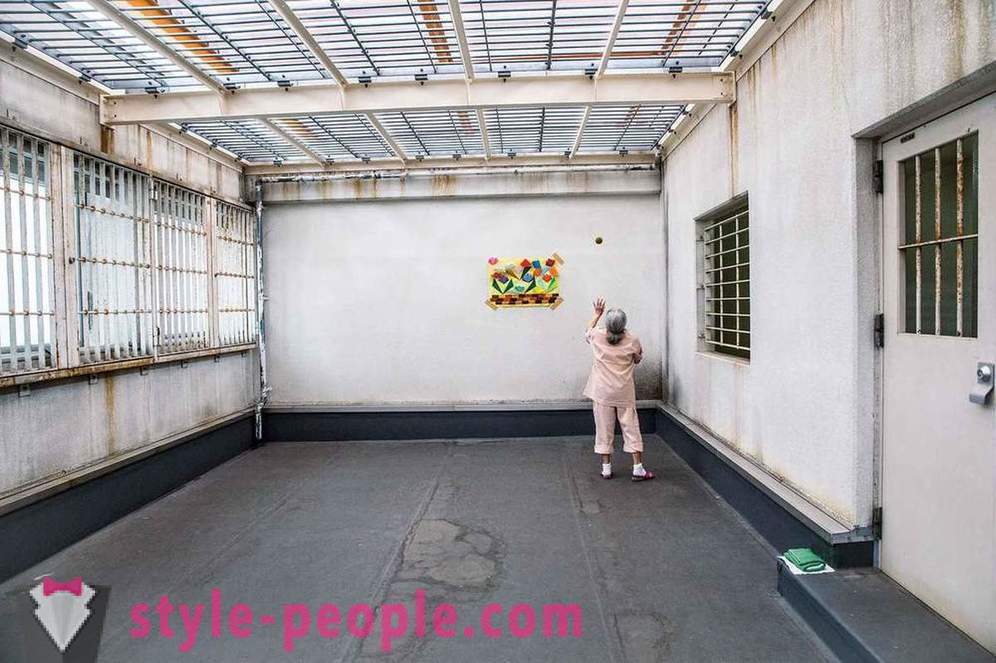
In addition to this, over a third of the guards fired for three years, which has led to a shortage of staff.
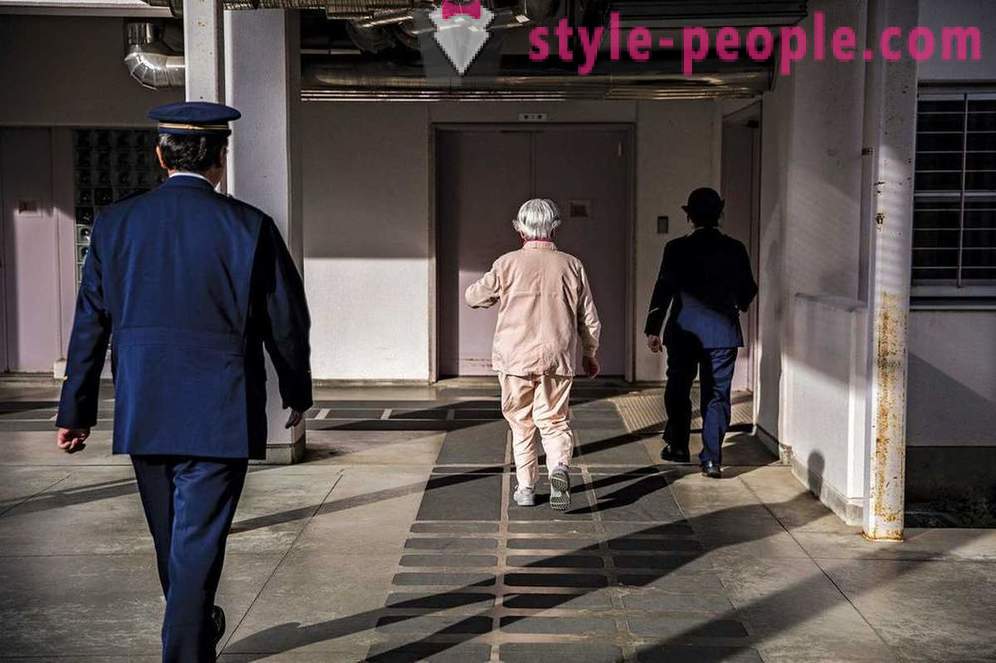
The Japanese government and the private sector has not yet released a rehabilitation program for older women with such problems, but are already working on projects. In 2016 the law was signed, according to which the former prisoners older women will receive assistance from the government and social service systems.


































